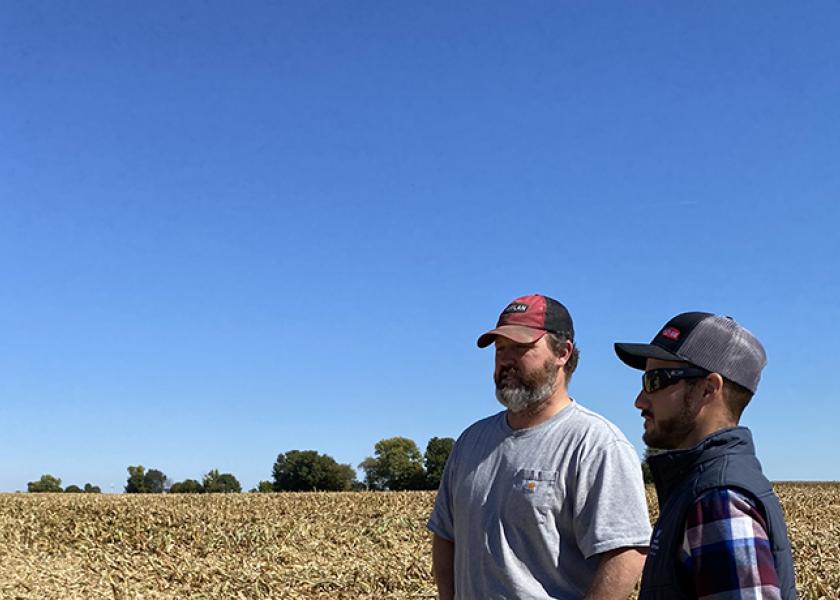Groups Work to Streamline Technical Service Provider Credentials with Other Accreditation

In an effort to reduce duplicative training and increase accessibly of USDA-NRCS programs to farmers, there have been efforts over the past two decades to streamline the accreditation of Technical Service Providers (TSP) with Certified Crop Adviser (CCA) and other private-industry programs.
The next six months may see this brought to light. And those who are CCAs (for example) could apply their accreditation toward their TSP status.
There’s word from Capitol Hill of two bills being introduced in the senate to provide for such reciprocity. And there’s momentum in the Farm Bill discussions as this was provided for but not fully defined in the past Farm Bill.
"It’s time to streamline where it’s obviously duplicative,” says Luther Smith, chief administration officer at the American Society of Agronomy. “There is redundancy in the process which is glaring.”
Smith says the CCA program and NRCS have had an ongoing memorandum of understanding for 20 years, which has helped progress the conversation to this point.
“NRCS is a valued stakeholder to our growers and us. We need to work together in a way that we’ll see forward motion, and we see opportunity to build a coalition, better define and explore opportunities.”
Right now, the groups are going through their educational programming to identify overlap with the goal of having the exact steps forward to transfer the educational accreditation by Oct. 1, the next fiscal year.
“What this means for the CCA is we will be able to tell them what education they have already done, how their proficiencies line up with TSP requirements, and if they want, they can sign up to be TSP,” Smith says.
Of the 11,000 CCAs in the U.S. about 80% work in private industry.
“Where this provides a multiplier effect is TSPs create the plan to get conservation dollars on the ground. With reciprocity, it’s about getting more professionals available via the NRCS office to create those plans, which is in line with how CCAs are already a conduit to farmers via their established relationships,” says Amy Asmus, liaison between the international CCA board and the American Society of Agronomy board.
Asmus and Smith share how defining reciprocity will bring uniformity to how conservation programming is accessible across the U.S. While some privately accredited professionals have established strong working relationships through their local NRCS office, others report difficulty. They see the early wins being in the nutrient management plans, but this will be easily applicable across all of the disciplines.
The current momentum behind this effort is even more timely, says Rachel Owen Associate Director of Government & External Relations for the American Society of Agronomy, as conservation, climate smart commodities, and the related topics are top of mind.
“We’ve been working with the NRCS Chief’s office, and we have their support,” Owen says, “This is an effort to expand the capabilities of the NRCS team—not replace any staff.







